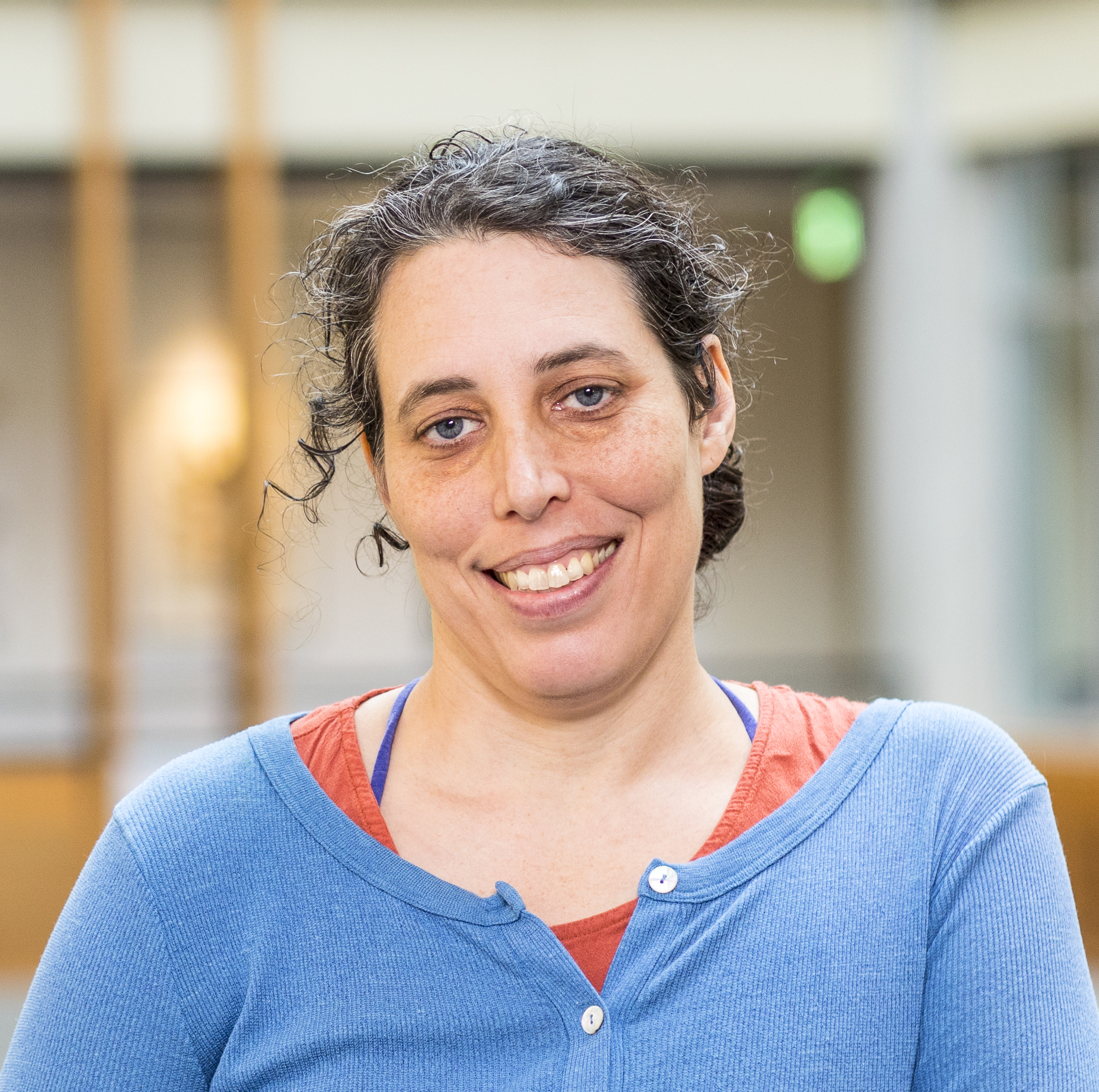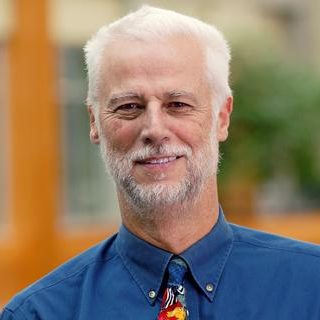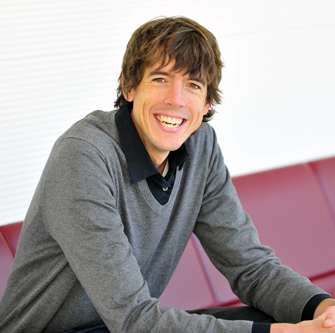My research focuses on accessibility and 3D printing. I have led the effort to better understand both clinical and DIY stakeholders in this process, and developed better, more usable tools for production. Together, these can enhance the capabilities and participation of all users in today’s manufacturing revolution. Affiliations: Richard E. Ladner Professor, Paul G. Allen School of Computer Science & Engineering Director, Make4all Lab Contact Mankoff faculty page jmankoff@cs.uw.edu Google Scholar Research highlights Better data sets that capture the varied…
Jennifer Mankoff, Founding Co-Director


